In a sense, this branch includes a wide range of areas – from behavioral studies all the way to social dynamics as well as the complex biological processes in the brain. But no matter how deep we dig, the lessons we acquire are still too shallow. This only proves that the brain is a vast source of knowledge – and as evolving species, it is only right that we study it further.
With that said, we here thought it would be interesting to compile a list of everything psychology experiments. Some are pretty much thought-provoking and others are simply complex. Either way, they all expose the workings of our subconscious.
1. A Class Divided Experiment
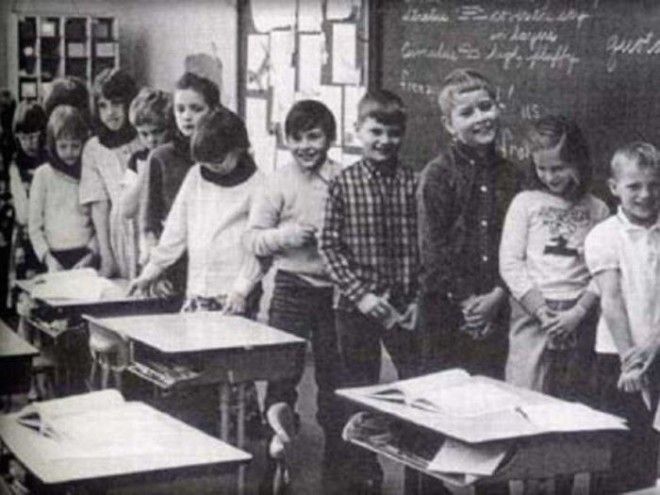
Jane Elliot was a teacher who tried discussing the issues of racism, discrimination, and prejudice with her third grade class in Riceville, Iowa. In order to ensure the lecture got inside the minds of her students, she did a two-day experiment using the “blue eyes/brown eyes” exercise. This was to reinforce the unfairness involving racism and discrimination.
Basically, students with blue eyes were given preferential treatment and positive reinforcement, among others. They were also made feel superior over the students with brown eyes (done for at least one day). The following day, Jane reversed the procedure. It turned out that whichever group was favored by her performed wonderfully in class. They answered all questions with extreme enthusiasm and excitement.
2. The Piano Stairs Experiment

This one here is also called “The Fun Theory.” It proves that people’s behavior, in one way or another, can be changed for the better. And how exactly? Well, by making everyday tasks – all of which are mostly boring – more fun.
3. The “Violinist In The Metro” Experiment

The experiment was done in perception, context, and abilities. It is to simply assess the taste of the public in everyday life. It answers the question: In a banal place or setting, will beauty transcend even at an inconvenient time?
4. Smoke Filled Room Experiment

Here, people were left alone in a room with each of them answering a certain questionnaire. Apparently, a smoke came out under the door. The experiment found that 75 percent of the people immediately reported about the incident, and it only took them at least 2 minutes to call the authorities. The others just kept on answering the questionnaire, as they thought that it was all part of the experiment.
5. Robbers Cave Experiment
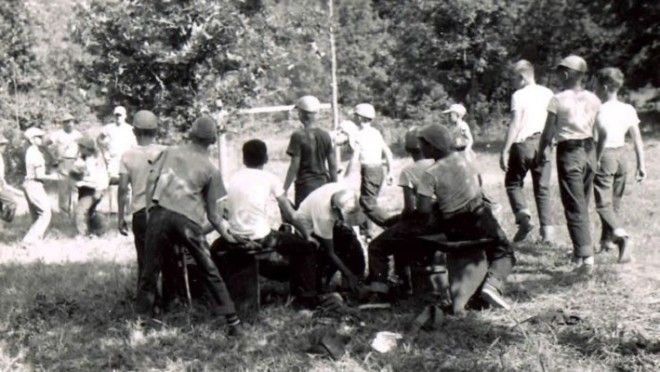
The Robbers Cave Experiment directly dealt and tested the titular Realistic Conflict Theory. Basically, it shows how negative behaviors and attitudes tend to show up when a competition arises. This even immediately happens whenever the competition is limited by both time and resources.
6. Carlsberg Social Experiment

Performed by the Danish brewery Carlsberg, all of the participants were asked to walk into a cinema and watch a movie. Apparently, there were only 2 seats left and they were just right in the middle. The only catch, however, was that the seats in between a group of tough-looking, tattooed male bikers. The participants, as expected, did not bother taking the seats. The experiment showed a good example of people judging others by their looks.
7. The Milgram Experiment
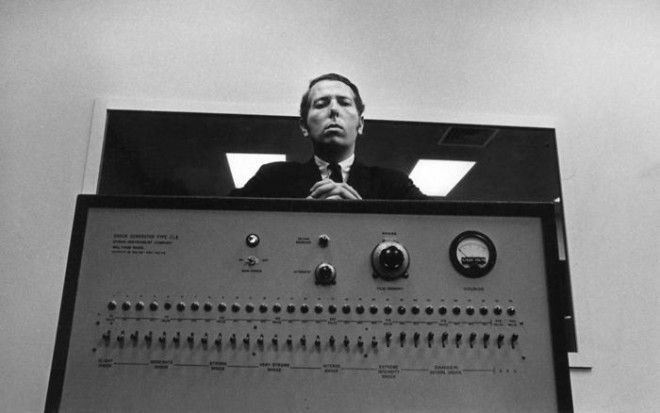
Stanley Milgram conducted the experiment in 1961. It was specifically designed to measure the lengths every individual would take just to obey authoritative figures.
8. Car Crash Experiment
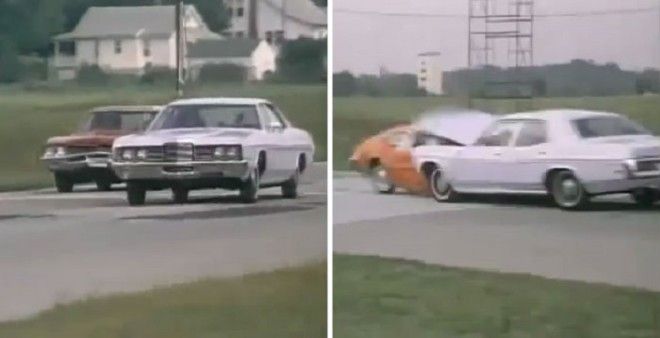
This one here was courtesy of Loftus and Palmer. Its purpose was to prove that wording questions in a certain way could possibly influence a person’s recall (in this experiment, it was a car crash). It turned out that they succumbed to twisted memories. The way their remembered a certain event became different just by asking them questions worded in a specific way.
9. The Marshmallow Test Experiment
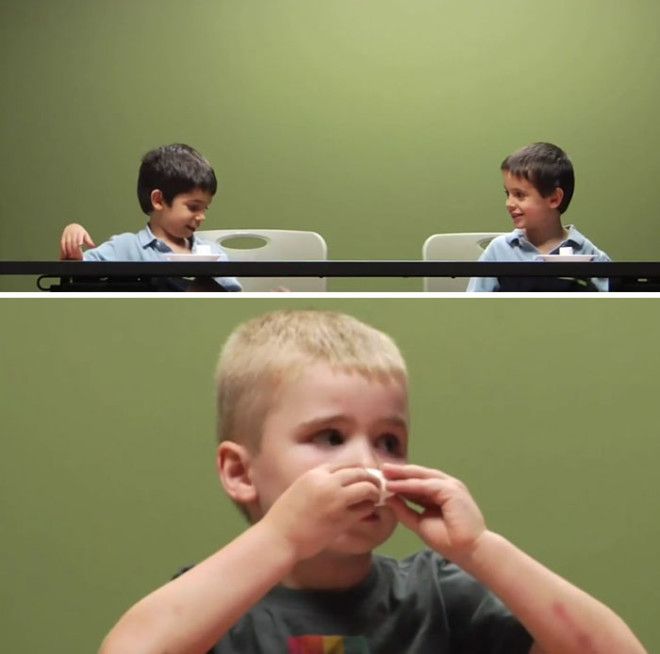
Focused on delayed gratification, the experiment involved children of ages four and six. In front of them was a marshmallow, which would serve as the temptation. If they could wait for at least 15 minutes, they would be rewarded. The results were quite surprising, as it proved that age became a major determinant of deferred gratification.
10. False Consensus Experiment

In this experiment, the results showcased what is known to be the false consensus effect in psychology. That no matter what our beliefs, ideas, or behaviors, we always tend to believe that the majority of people around agree with us and act the same way we do.
11. The Invisible Gorilla Experiment
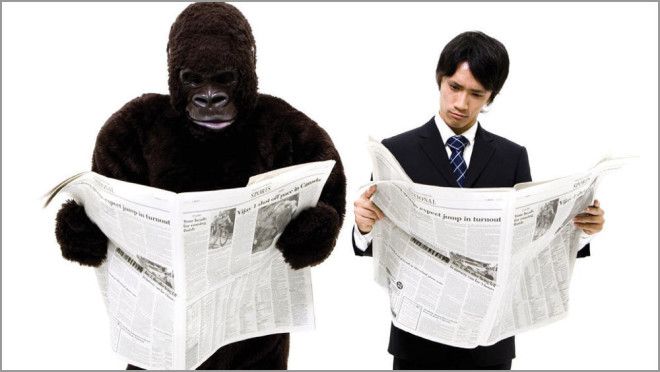
The gif itself exactly describes this experiment. But believe it or not, the people passing the ball did not notice the gorilla. Their minds were pretty much occupied with the idea of tossing and passing the ball around. The experiment, however, revealed two things: First is that we tend to miss everything that is happening around us; and second, we usually have no idea of what we are missing so much.
12. Hawthorne Effect Experiment

Researchers wanted to study the effects of physical conditions in terms of productivity. But as the experiment went on, they were surprised to know that the productivity of highly illuminated workers increased significantly more than the ones in a controlled group. It only shows that we try to work harder whenever someone in authority is watching us.
13. The “Monster” Study

Conducted by Dr. Wendell Johnson, the experiment aimed to debunk the prevailing theories about the direct causes of stuttering. Remember that the latter was first thought to be a result of genetic and/or organic cause. Johnson found out that children who suffer from stuttering tend to experience worse when labeled. The experiment actually became controversial due to the way it was conducted. Still, it proved to be quite useful.
14. Kitty Genovese Case
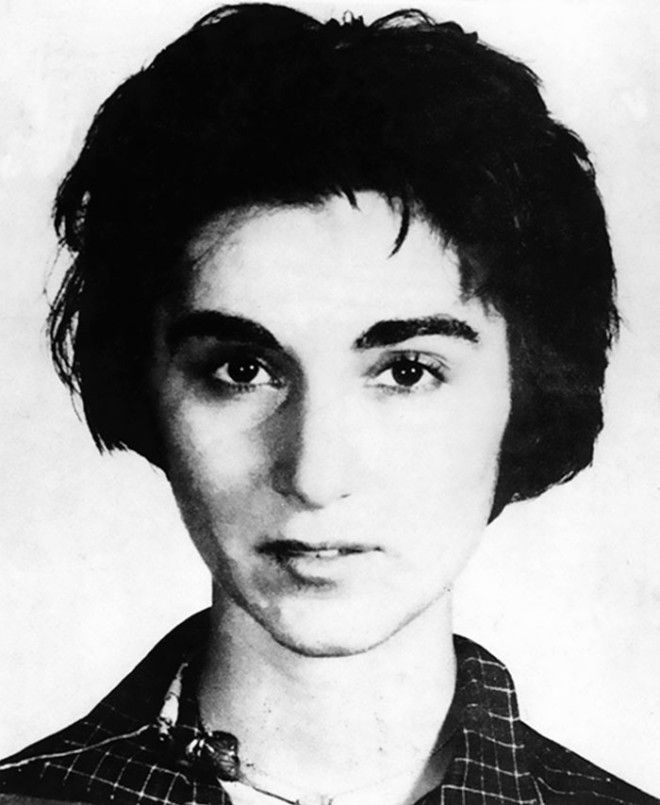
This one here involved the case of Kitty Genovese, a victim of murder – though it was never intended to be part of the experiment. Interestingly, it ended up to be the catalyst for the titular Bystander Effect. The latter occurs when there is a presence of others who discourage a person from intervening in an immediate and emergency situation.
15. Halo Effect Experiment

Two commanding officers were asked to evaluate each of their soldiers in terms of leadership skills, physical qualities, intellect, and personal qualities. The goal was to primarily see how an individual’s judgment of another person’s characteristic affected his/her subsequent judgment of other characteristics. It was discovered that when a commanding officer gained a good impression of one character from a soldier, those good feelings would affect perceptions of all other qualities.

